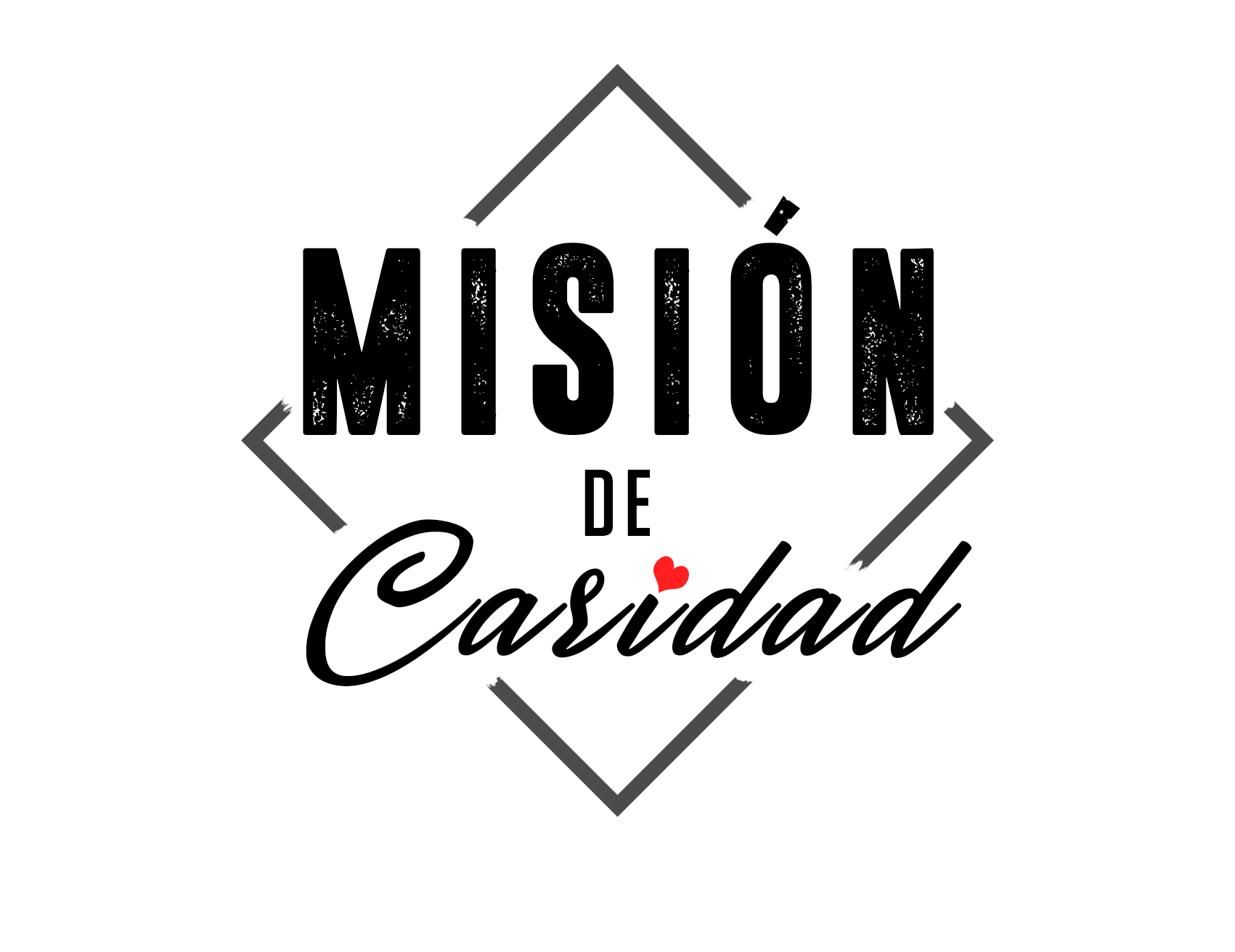MdC’s Women’s Work Program
Our women’s work program empowers women to earn a fair wage by making products in Mexico that we sell in the US.
Women make bags from recycled material and a variety of embroidered items.
In San Luis Rio Colorado in Sonora Mexico, many migrants and refugees arrive at the border wanting to build a better life. In communities near our Casa Esperanza Empowerment Center, displaced people find land to construct houses from available materials and begin rebuilding their lives.
Opportunities for work are limited due to the low skill, limited education, and the lack of a support network in the community. All of MdC’s programs are designed to empower families and provide resources to change their situation. Our work program provides dignified and stable work to support families.
MdC co-founder Jean Sicurella pays a woman for making a bag.
Our staff prepares supplies for women to work during our Super Saturdays.
Artisan Work program
This concept of a women’s work program was initially recommended by a group of summer interns in 2020, working under the direction of Dr. Julie Lee (wife of MdC Board Member Dr. Joe Lee). That concept was further expanded by a group of women artisans led by Holly Johnson, owner of the store Cheeky Monkey. MdC’s women’s work program is designed to provide a flexible source of income for women. Women fulfill order placed on line and make bags and embroider at our facility while we care for their children or work on projects at home.
Entrepreneurship Program
MdC provides women the resources and knowledge for women to start their own businesses. We first spend time talking through possible options based on their areas of interest and what is feasible and realistic. We work with the women to map out a business plan, identifying vendors, pricing models, and how to obtain customers. Then we work on the financing and funding to get started. Women also attend our multi-series finance class to learn how to manage money, understand costs and profits, and create a savings plan.
Continuing education
While some women look to earn an income, others seek to go back to school to obtain their secondary or high school equivalency or take specialized classes in a subject area. In these cases, we work with each individual woman to understand their goals and try to find the appropriate program to suit their needs.
Our Recycled bag making program
Our bag program began when Jean and Francisco met with Aylin, a displaced woman from southern Mexico (you can read her story here)who learned to make recycled bags.
MdC began purchasing bags from Aylin to sell in the United States and because of her exceptional work, we hired her to teach women in the community how to make bags. Bags come in a variety of sizes and beautiful colors and patterns and women make a fair wage for every bag they make. Any profits from the sale of bags go back into our work program. Shop our store today.
Our embroidery program
A woman in MdC’s program named Aurora moved to San Luis Rio Colorado from Oaxaca with an amazing skill in embroidery. After seeing her talent, we hired her to teach women different stitches patterns and began employing them to make a variety of items including, embroidered greeting cards, frameable art, pillows and ornaments. Our women can embroider customized designs and welcome the opportunity to sell the designs to businesses in the U.S.
providing fair and dignified work
Before our work program, job options for uneducated migrants in the community were limited. Most women worked in fields or cleaning houses and making $1 an hour for grueling work. In addition to being sporadic and unreliable, farmwork forces women to leave their children unattended at home for long hours. Through our work programs, women can earn a higher wage, have more flexible hours and be available to care for their children.
Our bags are available to purchase!
Aylin demonstrates the bag making process.








